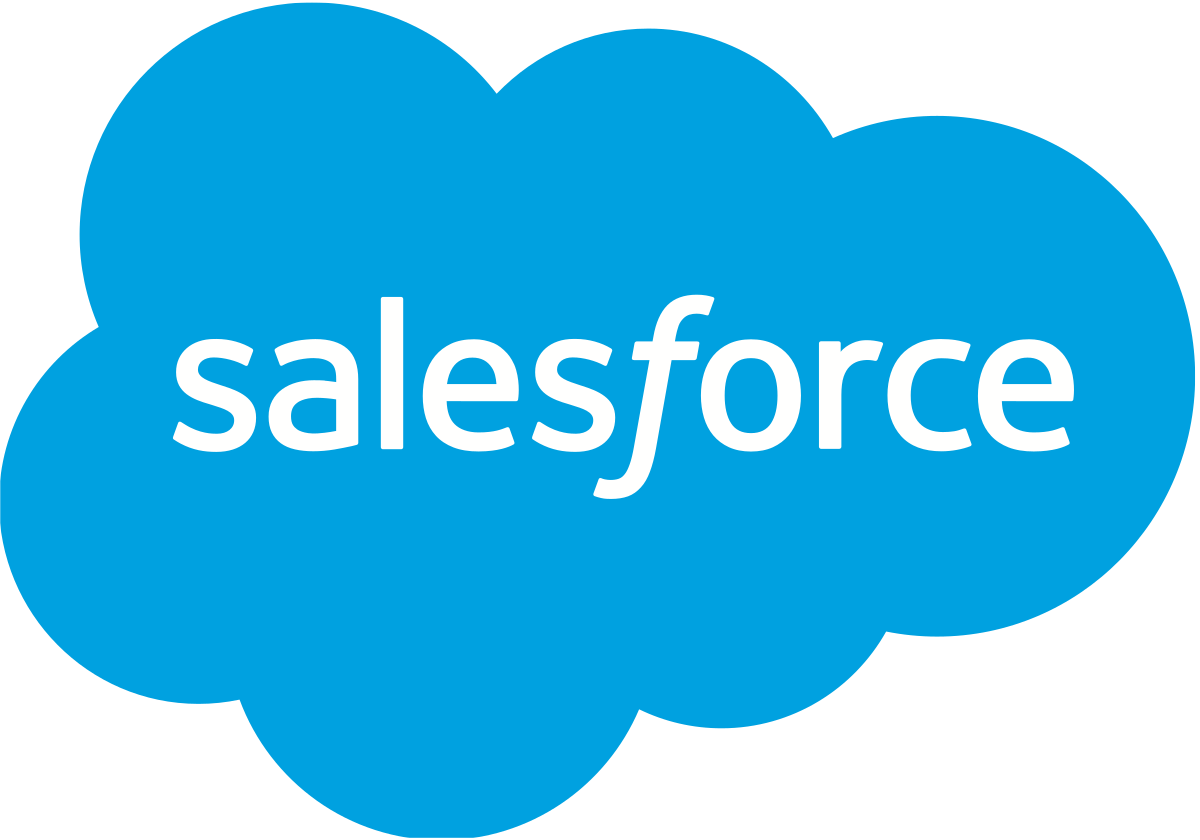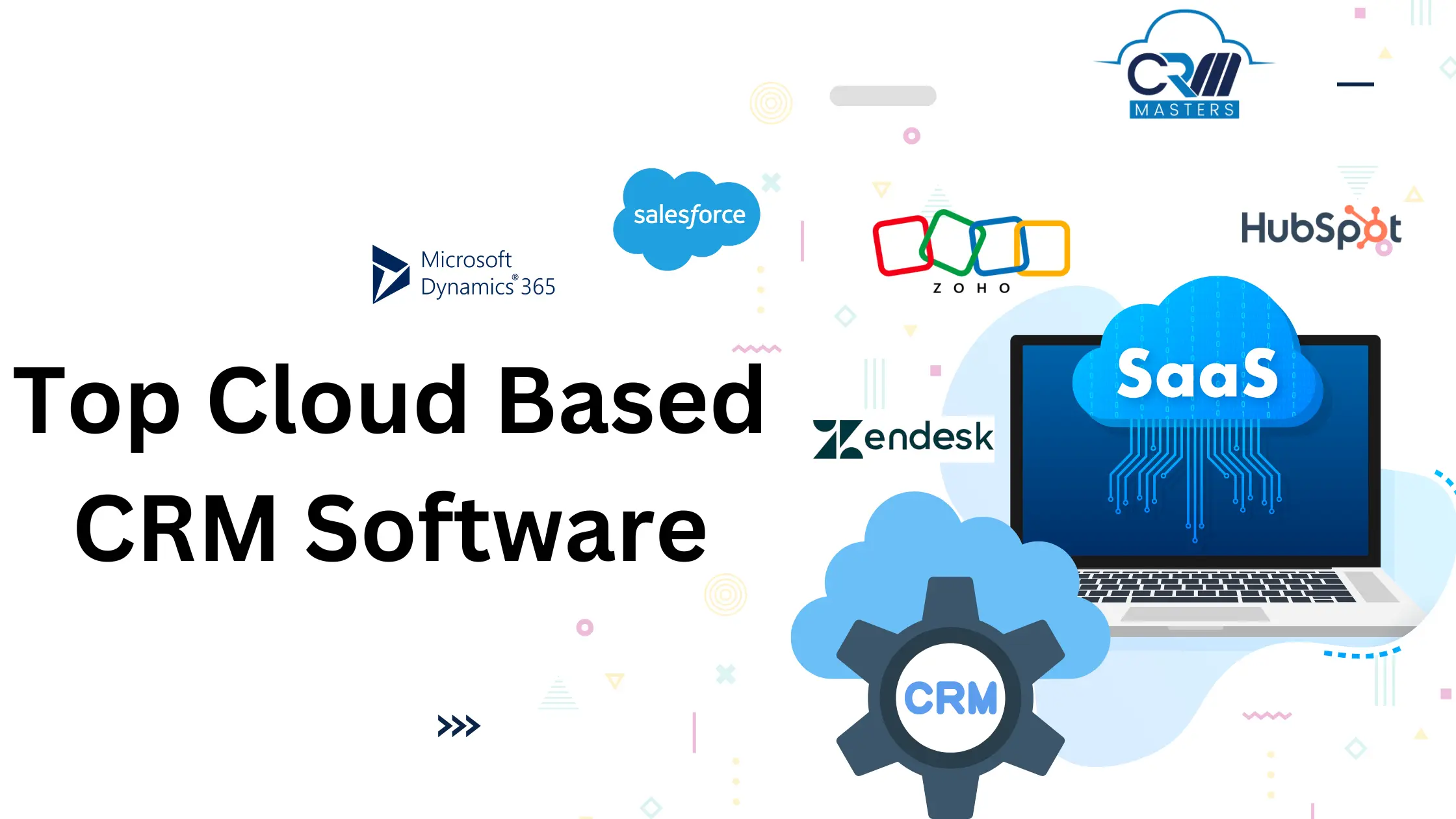
Top 10 Cloud-Based CRM Software of 2025
With the swiftly changing digital environment, it has become essential for companies to manage customer relationships by handling their data interaction, support, and tracking leads. Cloud-based CRM software is responsible for managing business contacts, clients, employees, sales leads, and contract wins.
This blog helps you to learn about the top 10 cloud-based CRM software available in 2025, each chosen for its unique features, adaptability, and impact on business growth.
What is CRM Software?
Customer Relationship Management (CRM) software is a powerful tool designed to manage every aspect of your business’s interactions with both current and potential customers. It streamlines and automates all customer-related processes, making it easier than ever to engage with your audience. With CRM, you can quickly send automated messages, such as emails, text messages, and pricing information within seconds. From lead generation to ongoing relationship management and post-sale support, CRM ensures you always have the right information at your fingertips.
Benefits of using a Cloud-Based CRM Software
- Increase Automation
- Centralized Information
- Increase Sales
- Increased Productivity
- Mobile Workspace
- Enhance Customer Engagement
- Cost-Effective
Best Cloud-Based CRM of 2025
Zoho is a versatile and cost-effective cloud-based CRM software that is particularly suited for small to mid-sized businesses. Zoho provides essential CRM tools with an impressive range of automation and analytics features, making it a powerful option for growing businesses. Integrated with Zia, Zoho’s AI assistant, users can access automated insights and task management, helping to streamline day-to-day operations.
Pros
- Zoho offers customization options for workflows, lead scoring, modules, and reporting making it flexible for various business needs.
- Zoho Provides affordable pricing including a free plan to make it accessible for small to medium-sized businesses.
- Zoho has seamless third-party integration with a popular application that helps you to boost your business.
- Zoho’s mobile application is ideal for remote and field-based teams.
Cons
- Zoho CRM is easy to use but it still requires some learning.
Salesforce CRM stands out as a highly flexible and powerful platform that caters to large enterprises and businesses with complex needs. Salesforce allows users to build tailored workflows, dashboards, and apps to support specific processes. With access to the Salesforce AppExchange, users can easily expand functionality with thousands of app integrations. However, this extensive feature set comes at a price, as Salesforce is one of the more costly CRMs on the market, and its complexity often requires training or consulting support.
Pros
- Salesforce offers extensive customization options, allowing businesses to create workflows, dashboards, and custom apps to meet their unique needs.
- Provides in-depth reporting and analytics, helping companies track performance and make data-driven decisions.
- With Einstein AI, Salesforce provides predictive insights, recommendations, and automation to enhance customer experiences and sales effectiveness.
- Best for businesses of all sizes from startups to large enterprises.
Cons
- Limited Mobile App Functionality
HubSpot CRM has built a reputation for being user-friendly, especially for companies that focus on inbound marketing. With a free plan that includes essential CRM functions, HubSpot appeals to small businesses and startups looking for a lightweight, easy-to-use solution. HubSpot’s CRM integrates seamlessly with its marketing, sales, and service hubs, allowing businesses to create an end-to-end customer experience.
Pros
- HubSpot CRM is intuitive and easy to navigate, making it a popular choice for businesses new to CRM.
- Integrates seamlessly with HubSpot’s other hubs for a cohesive marketing and sales solution.
Cons
- Many advanced features, such as reporting and automation, are only available to paid users.
- As a business grows and needs additional features, the cost of HubSpot’s premium plans can become prohibitive.
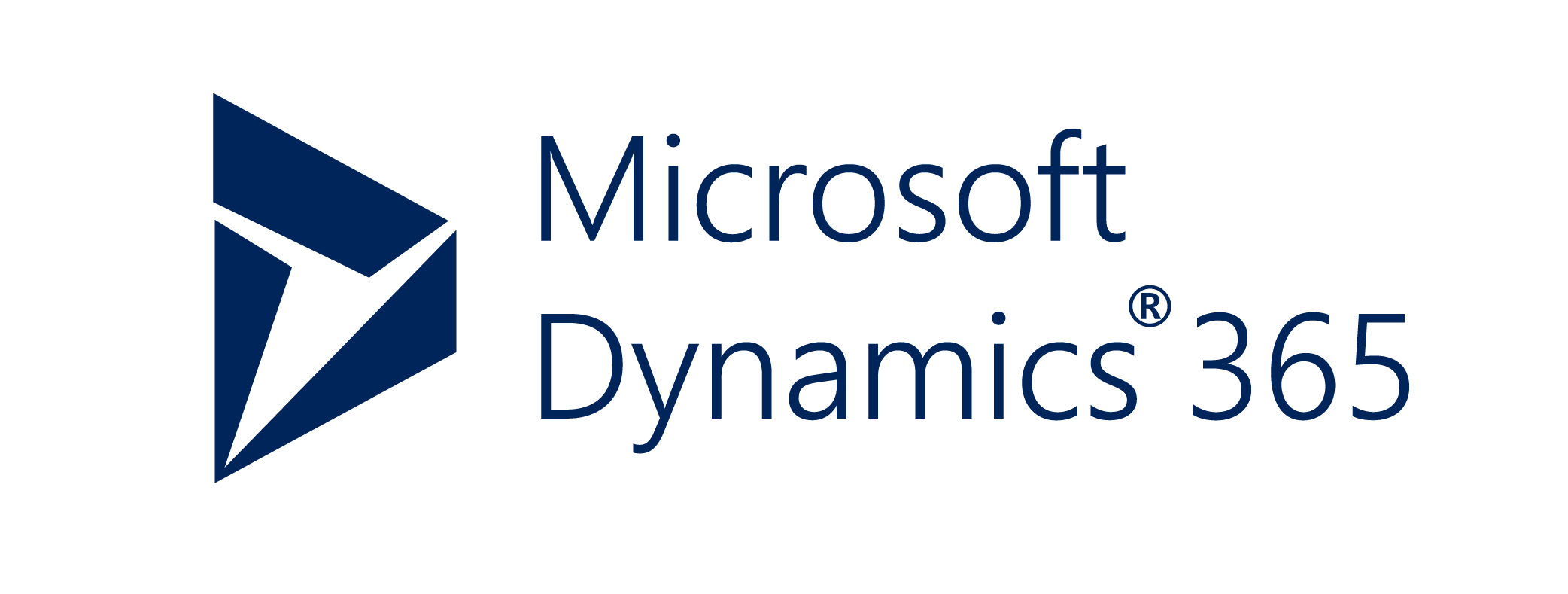
It serves as a unified CRM and ERP solution, offering integration with Microsoft suite of tools, including Office, Outlook, and Power BI. This makes it particularly appealing for companies that are heavily invested in Microsoft products. Dynamics 365’s powerful AI-driven analytics and ERP integration provide a complete view of both customer relationships and operations, helping enterprises make informed decisions.
Pros
- It is best suitable for automation, workflows and custom apps.
- Suitable for all sizes of businesses
Cons
- Can be challenging to implement without technical support
It is a part of the Freshworks suite that focuses on sales automation. With a clean, user-friendly interface and affordable pricing, Freshsales is an appealing choice for small to mid-sized businesses. Freshsales may lack the depth of customization offered by larger CRMs, and it’s not as scalable for enterprises.
Pros
- Freshsales is competitively priced, offering good value for SMBs’ looking for sales-focused CRM features.
Cons
- Freshsales may lack the advanced features that large organisations require.
It is a CRM built specifically with sales teams in mind, featuring a visually intuitive pipeline management system. This sales-centric design allows businesses to track and organize sales processes easily. Pipedrive’s automation tools streamline repetitive tasks like follow-ups, making it a favourite for sales-driven teams in small and mid-sized businesses.
Pros
- Pipedrive offers features specifically tailored for sales teams, such as deal tracking.
Cons
- Lack of marketing and customer support.
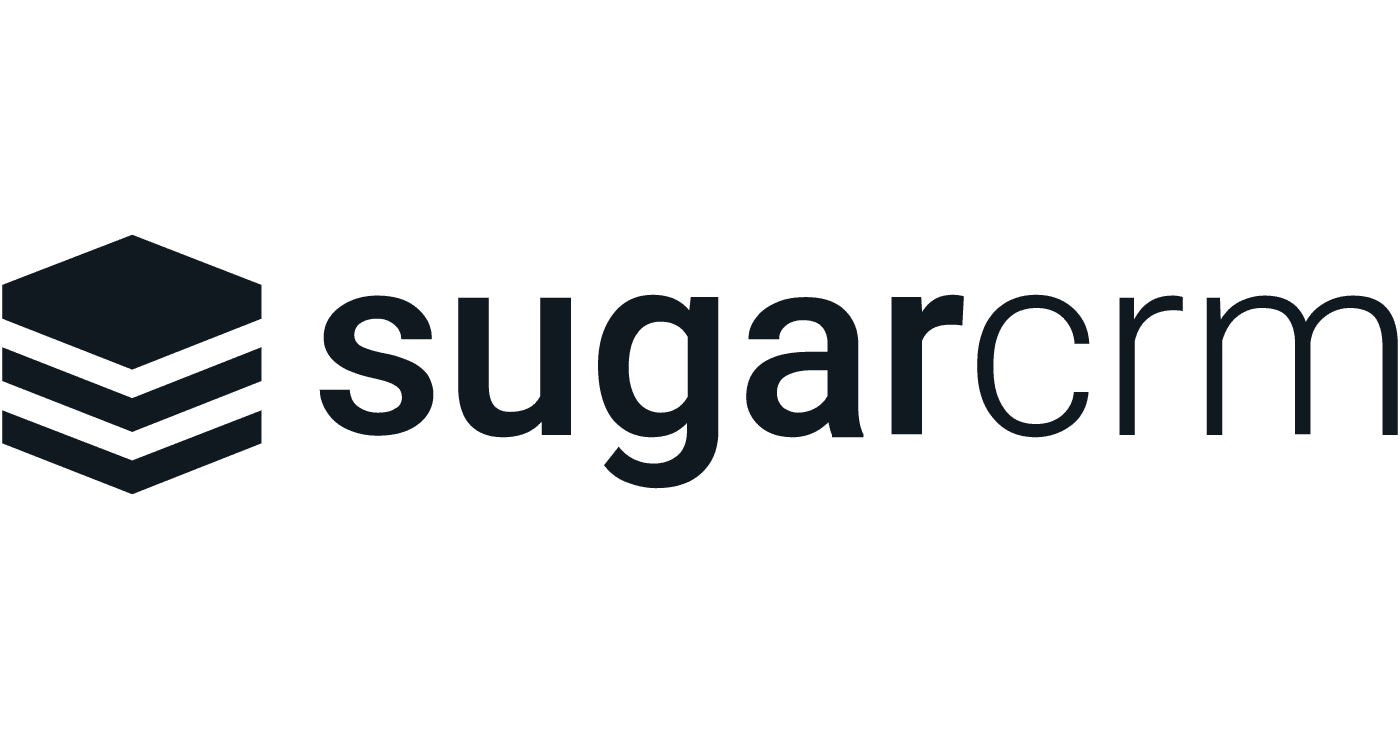
SugarCRM is known for its high level of customization and flexible deployment options, making it suitable for businesses with unique requirements. It offers both cloud and on-premises solutions, allowing companies to choose the setup that best suits their needs. SugarCRM’s customization options, coupled with its robust analytics, give organizations the ability to adapt workflows, reports, and interfaces extensively.
Pros
- SugarCRM allows users to tailor workflows, reports, and integrations extensively.
Cons
- SugarCRM can require significant technical expertise, especially for custom setups.

It combines CRM with project management, making it particularly useful for service-based businesses. Insightly’s integration with tools like Google Workspace and Microsoft 365 allows teams to manage projects and customer relationships from one platform. This dual functionality appeals to businesses that value both CRM and project management in a single system.
Pros
- Allows users to automate workflows, improving operational efficiency.
Cons
- Offers fewer customization options compared to larger CRMs.
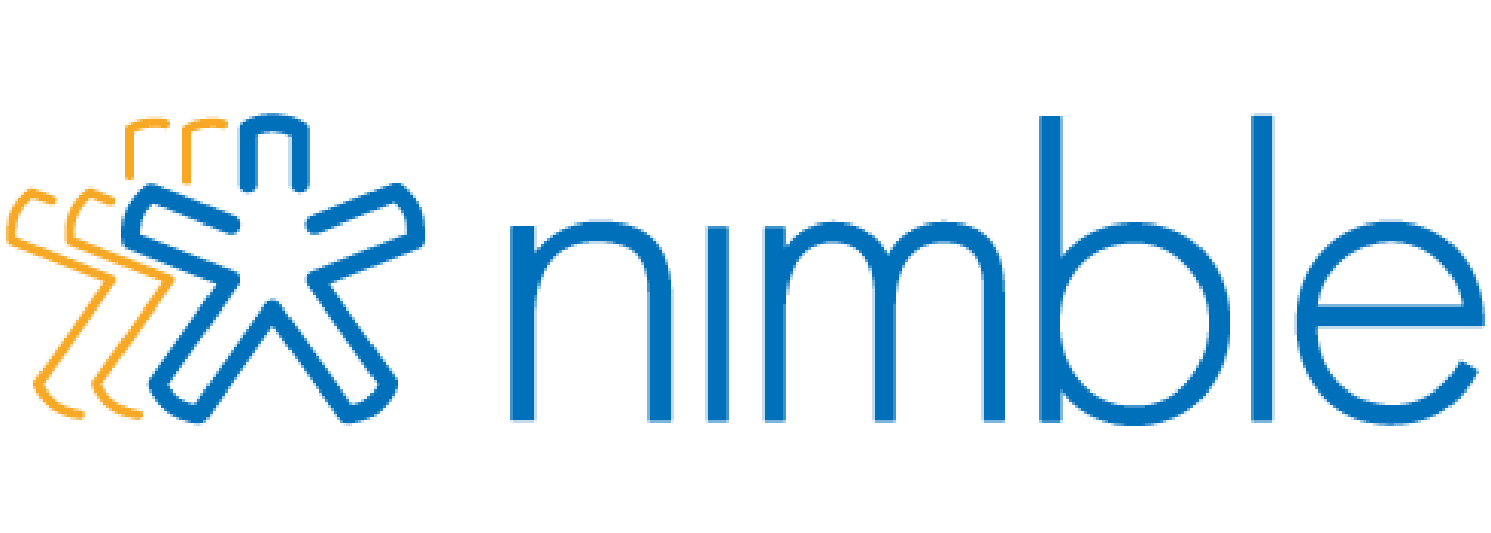
Nimble CRM is a social-focused CRM, designed to help businesses build customer relationships across social media channels. With its integration with social media and productivity tools, Nimble makes it easy to track and engage with customers on multiple platforms.
Pros
- Nimble is a social CRM that allows businesses to engage with customers across social platforms.
Cons
- It is best suited for smaller teams as it may not meet the needs of larger organizations.
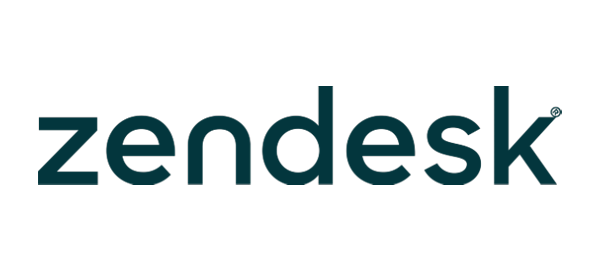
It is a CRM platform designed for B2B and B2C sales professionals with more than 2 lakh customer accounts. It comes with features for sales, email intelligence, sales prospecting, and sales reporting and analytics.
Pros
- Easy to navigate with minimal training
Cons
- Higher cost for advanced features
Conclusion
Selecting the right cloud-based CRM software is crucial for optimizing customer relationships and driving business growth. Among the top options for 2025, Zoho and Salesforce are the best crm for your business growth.
Zoho CRM is affordable and best for small to medium-sized businesses. Its powerful analytics tools enable informed decision-making and effective customer engagement.
Salesforce is ideal for enterprises, offering extensive features and scalability to meet complex business needs. Its integration capabilities enhance sales and customer service functions, making it a go-to for larger organizations.
As a trusted Zoho Premium Partner and Salesforce Consulting Partner, we’re here to help you find the best fit for your business.
Contact us today to get started!


